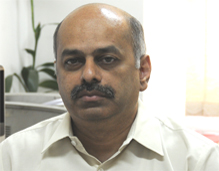Breivik’s Interest in Anthrax and Religious Extremism
The history of the use of biological agents by non-state actors indicates that radical groups, religious fanatics and even disgruntled scientists have engaged in bioterrorism
- Published: August 02, 2011
















